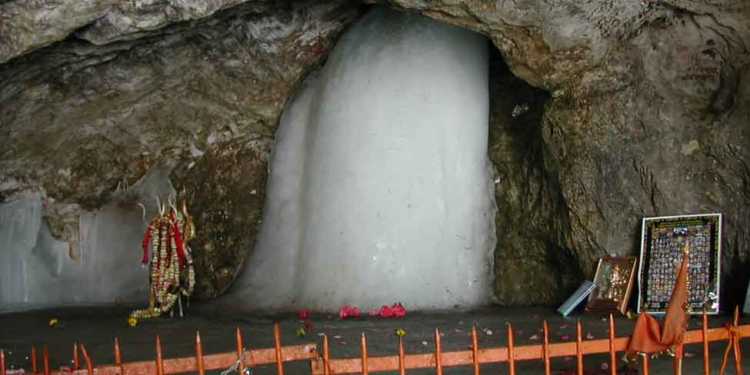The National Green Tribunal (NGT) was set up in October,2010 with the expectation that this special tribunal will safeguard the environment and preside over disputes involving environmental concerns and punish people and organizations putting the environment at risk. One of the key tasks of this statutory body was also to create guidelines and protocols for companies to follow, with regards to environmental hazards and preserving ecological parity. The context of this establishment looks benign and of noble nature but it is the judicial benches of this institution, especially the expert members and their observations, that demonstrate the inner workings and mindset prevalent in the NGT.
The NGT from its inception have given thousands of verdicts on environmental cases and continues to do so but there are more than a few cases in which it has acted as a pro active provocateur and wilfully enraged the Hindu sentiments. One such case is the Godavari pollution case relating to the contribution of the puja materials of Tryambakeshwar temple in polluting the Godavari River. The petition was filed by Godavari Gatarikaran Virodhi Manch. It was in the proceedings of this case that many of the rituals regularly performed in the temple came up.
The tribunal directed the Purohit Sangh to bear the cost of disposing of all the waste generated by the puja activities. It directed the municipal authorities to ban all puja activities in the Tryambakeshwar Temple and seize its properties if it failed to dispose of the waste. This was in 2014, and not then and never since has the tribunal spoken about the adverse effects of the gallons of blood and carcasses vitiating the environment after slaughter. It never directed those responsible to bear the cost of the cleanup and the treatment.
This selective approach towards the environment and the tilted view of justice still prevails in the National Green Tribunal. Recently, it directed that pilgrims to Amarnath be restricted from chanting hymns or jaykara inside the sacred cave. It also directed the shrine board to ban ringing of bells and mobile phones inside the cave. It also directed that there be a single line after the final check point in Amarnath. This verdict rightly sparked outrage throughput the Hindu community as it was not only irrational but also restricted devotees from practicing their faith at a site which is regarded as one of the holiest in Hindu tradition.
The Supreme Court on 16thApril turned down this controversial verdict of the National Green Tribunal, exposing the overreaching nature of the institution. The apex court rightly pointed out that the verdict had jumped the gun, had no connection with the Amarnath pilgrimage. Justices M.B.Lokur and Deepak Guha pointed out that due procedure needs to be followed and that the due procedure required for such a decision was completely missing from the proceedings in NGT.
The verdict also banned the use of moles as a mode of transportation, which barred people with physical shortcomings from making the pilgrimage, and which is a gross violation of people’s right to practice his or her religion. The lawyer representing the shrine board stated poignantly –
“You (devotees) can’t carry prasad, you can’t go in palanquin, you cannot have ‘darshan’ properly and you are to be frisked at such and such points. In other words, I may say the NGT jumped the gun in passing the order”.
Imagine if the same was done for all other religious activities in this country- a Gurudwara banned from reciting Guru Grantha or Muslims banned from performing Azaan because it creates noise pollution.One can not imagine such incidents taking place because it seems that when it comes to environmental protection, the NGT only regards Hindu rituals as the sole violators .
The Supreme Court verdict seems to indicate that NGT is using its institutional apparatus to carry out a state sponsored attack on Hindus and Hindu sentiments. The sheer institutional over reach by NGT, especially when it comes to Hindu rights, is awe inspiring and hypocritical in nature. The Supreme Court seems to have belled the cat, now the question is whether the cat will remain in the bag or out in the open with its anti-Hindu agenda.
























